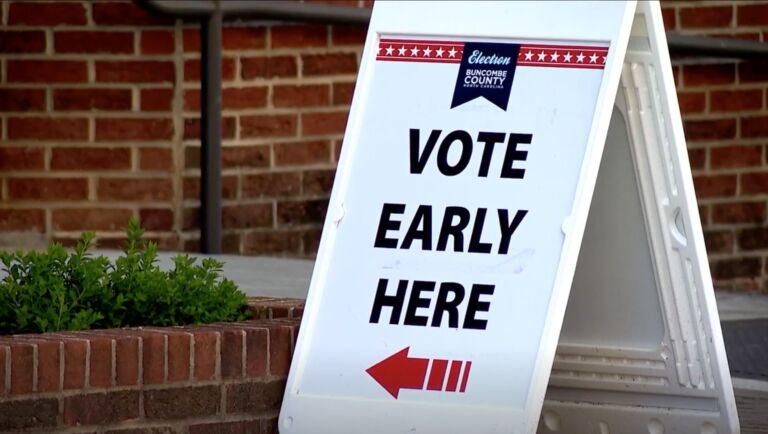The N.C. Institute for Constitutional Law has created the NCVotingCases.org website to track various lawsuits involving North Carolina’s new election law.
Among the recent additions to the site: A blog post addresses an important concern about plaintiffs’ standing to challenge the law.
In their Answer to NAACP v. McCrory, the Defendants stated that the anonymous plaintiffs, John Doe 1, 2, and 3 and Jane Doe 1, 2, and 3, should be dismissed “until such time as their identities are disclosed because defendants cannot investigate whether anonymous plaintiffs have standing.” That’s an excellent point.
Generally, only those who have been injured have standing to bring a lawsuit. If Defendants do not know who some of the plaintiffs are, then the Defendants have no chance to determine whether the each and every Plaintiffs has an injury or personal stake sufficient to establish standing.
You might be asking how or even whether such an analysis is necessary. Consider for a moment one of the plaintiffs in a different lawsuit. Cassandra Perkins is a plaintiff in Currie v. State. It is alleged that she does not have a photo identification that would satisfy the new voting law. But, in November, a Cassandra Perkins from Chapel Hill who seems to be the same Cassandra Perkins in the Currie lawsuit announced on her Facebook page that she just got an internship with the British Parliament—presumably in Britain. Umm. So, it seems she will need a passport for her internship in Britain. A passport would satisfy the photo identification requirements of the new law. One has to wonder, does Ms. Perkins have standing to challenge the photo identification requirements now that she has (or very soon will have) a valid photo ID? Of course, whether she has standing to challenge the photo identification requirements, does not impact her standing to challenge other provisions of the new law. Nevertheless, the facts surrounding Ms. Perkins and her identification underscore the importance of the Defendants researching individual Plaintiffs for purposes of evaluating whether they have standing.


